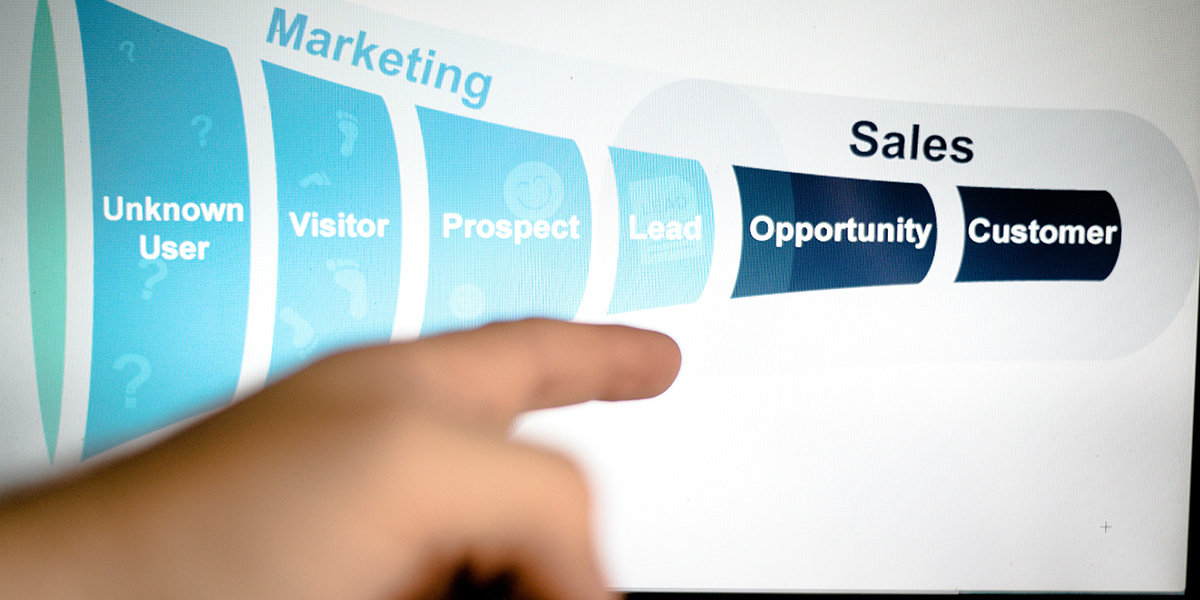Managing leads effectively is one of the most critical elements of B2B business success. The ability to identify, track, nurture, and convert leads into loyal customers depends heavily on the systems a business uses. In this context, Customer Relationship Management (CRM) software plays a pivotal role. The best CRM solutions for B2B lead management offer not only robust data organization features but also support sales strategies that drive engagement, increase conversions, and foster long-term relationships.
Understanding the Importance of CRM in B2B Lead Management
The B2B sales cycle is often more complex and drawn out than B2C. Multiple stakeholders, tailored proposals, and extended decision timelines make it essential to manage interactions with precision. CRM software is the central hub where all customer interactions, touchpoints, and communications are logged. This centralized system ensures that no opportunity is lost due to miscommunication or oversight.
A CRM helps businesses capture leads through integrated forms, track the source of each lead, assign leads to the appropriate sales representatives, and monitor progress through the pipeline B2B Lead Management . It creates an environment where leads are not just numbers on a spreadsheet but dynamic relationships that can be tracked and nurtured in real time.
Key Features of a Strong B2B CRM Solution
A CRM designed for B2B lead management must go beyond basic contact storage. It should facilitate automation, analytics, collaboration, and personalization. Features like lead scoring, sales forecasting, customizable pipelines, and email integration become crucial for segmenting high-potential leads from low-interest prospects.
Another critical aspect is integration. A high-performing CRM should integrate smoothly with marketing tools, customer service software, and productivity apps. This ensures a seamless flow of data across departments, promoting greater alignment between marketing and sales teams. In addition, real-time reporting tools provide the insights needed to adjust tactics and optimize performance continuously.
Benefits of Using CRM for Lead Management
The right CRM system empowers businesses to act faster, engage smarter, and sell more efficiently. It reduces the risk of human error, helps prioritize leads, and ensures timely follow-ups. Automated notifications and workflows mean no touchpoint is missed. By recording every customer interaction, the CRM offers sales professionals the context they need to craft compelling proposals and pitches.
Furthermore, CRM platforms enhance customer experience. They provide a consistent communication history that can be used to personalize responses, understand client needs, and identify cross-selling or upselling opportunities. The result is a stronger relationship with the customer, built on a foundation of trust and responsiveness.

Selecting the Best CRM for B2B Businesses
Choosing the best CRM for B2B lead management depends on a business’s size, industry, sales process, and specific requirements. For startups and small businesses, user-friendliness and affordability might be the top priorities. For larger organizations, scalability, automation, and advanced analytics become more important.
Salesforce is often considered the industry leader due to its comprehensive feature set and customization options. Its robust lead scoring, AI-driven insights, and powerful automation make it ideal for businesses with complex sales cycles. HubSpot CRM, on the other hand, offers an intuitive interface and seamless integration with marketing tools, making it a great choice for businesses looking for an all-in-one growth platform.
Zoho CRM provides a balance between affordability and functionality, with advanced workflow automation, AI-powered lead prediction, and multichannel communication tools. Pipedrive stands out for its highly visual pipeline management and ease of use, ideal for small to mid-sized teams focused on deal progression.
Customization and Flexibility Matter
One of the most important considerations when selecting a CRM is the ability to customize the platform to suit unique sales processes. Different industries have different needs. A software development company may need to track technical consultations and proposal milestones, while a manufacturing business may need to manage distributor communications and compliance checkpoints.
The best CRM solutions allow businesses to customize fields, create unique pipelines, and develop automated workflows that match their sales structure. This flexibility ensures the CRM grows with the company and adapts to changing business strategies and market conditions.
Ease of Use and Adoption Across Teams
Even the most feature-rich CRM will fail if the team finds it too difficult or cumbersome to use. A clean user interface, intuitive navigation, and minimal learning curve are essential for ensuring adoption. The CRM should support teams with helpful features like drag-and-drop pipeline management, mobile access, and in-app training resources.
User adoption also increases when leadership is involved in the rollout and ongoing use of the CRM. By making CRM usage part of the daily routine and recognizing team members who use it effectively, businesses can embed CRM practices into their culture. This leads to better data accuracy, more effective decision-making, and higher lead conversion rates.
Data Security and Compliance
For B2B companies that deal with sensitive client information, data security is non-negotiable. The chosen CRM should offer robust security protocols, including data encryption, secure user authentication, and compliance with regulations like GDPR or HIPAA, depending on the industry.
Cloud-based CRM platforms often provide real-time backups, disaster recovery plans, and role-based access controls. These features protect the integrity of business data while allowing authorized users to access the system from anywhere, supporting remote and hybrid work environments.
Leveraging AI and Automation for Smarter Lead Management
Modern CRM systems are embracing artificial intelligence to provide smarter lead management. AI can analyze historical interactions and buying patterns to suggest next-best actions or identify leads most likely to convert. Predictive analytics help sales managers allocate resources more effectively and forecast revenue with greater precision.
Automation within a CRM handles repetitive tasks such as sending follow-up emails, updating deal stages, and setting reminders. This not only saves time but ensures consistent communication, which is essential for building trust and credibility with potential clients.
CRM as a Tool for Continuous Improvement
A good CRM is not just a static database—it’s a dynamic tool that enables continuous improvement. With detailed reports and performance dashboards, managers can identify what’s working and what’s not. Are certain sources generating more qualified leads? Are specific salespeople closing deals faster? The insights gained from a CRM help fine-tune strategies, allocate budgets wisely, and maximize return on investment.
By tracking conversion rates, sales cycle length, and engagement levels, businesses can uncover hidden opportunities and adjust their approach to stay competitive. Over time, this data-driven refinement leads to more efficient operations and higher revenues.
The Future of CRM in B2B Lead Management
The future of CRM is one of increased integration, intelligence, and user empowerment. As artificial intelligence, machine learning, and natural language processing evolve, CRM systems will become even better at understanding customer intent and behavior. Voice-based commands, real-time recommendations, and deeper automation will further streamline sales workflows.
Additionally, as the lines between sales, marketing, and customer service continue to blur, CRM platforms will play an even bigger role in unifying business functions around a central goal: delivering exceptional customer experiences. This convergence will empower businesses to respond faster, close deals more efficiently, and build lasting client relationships.
















